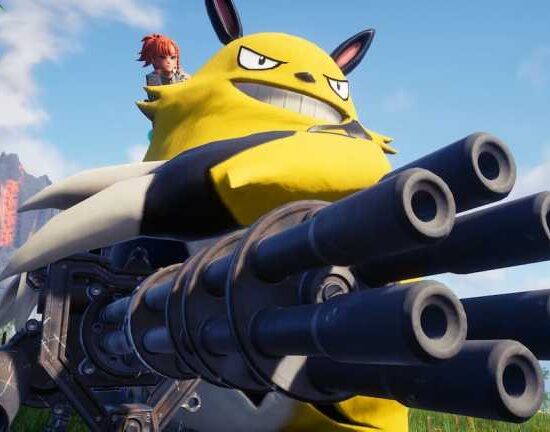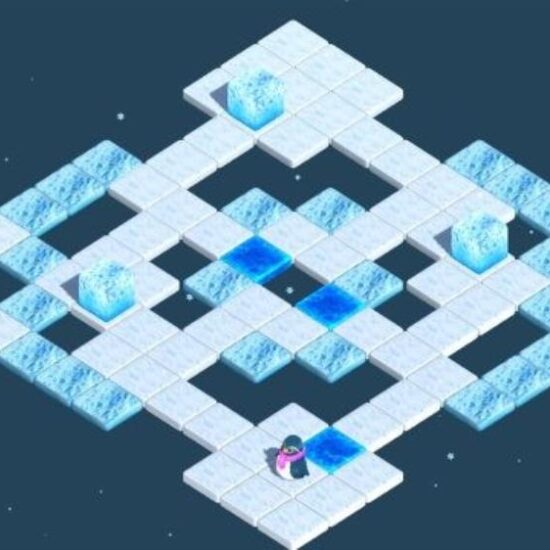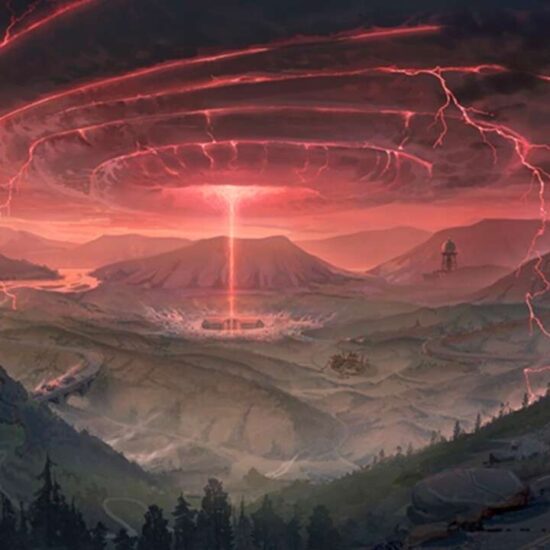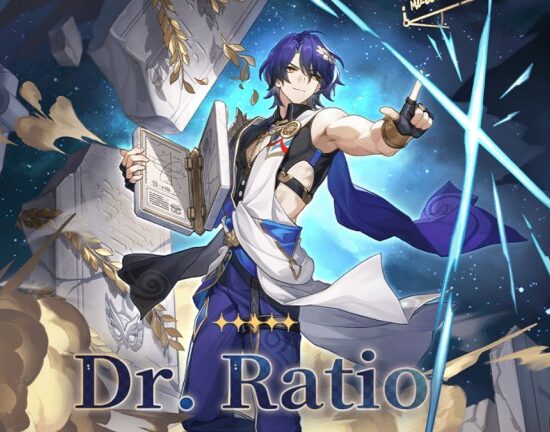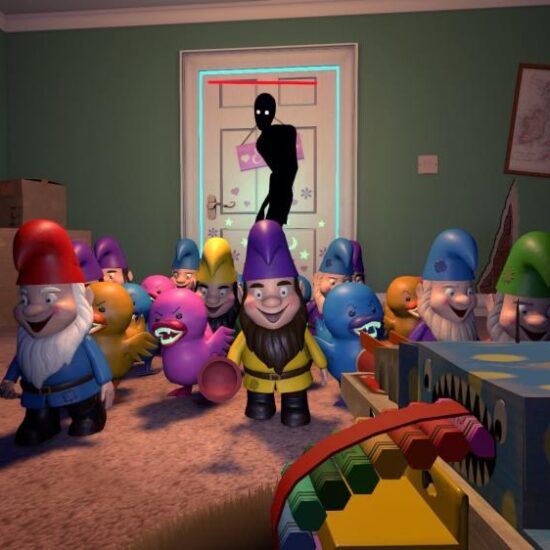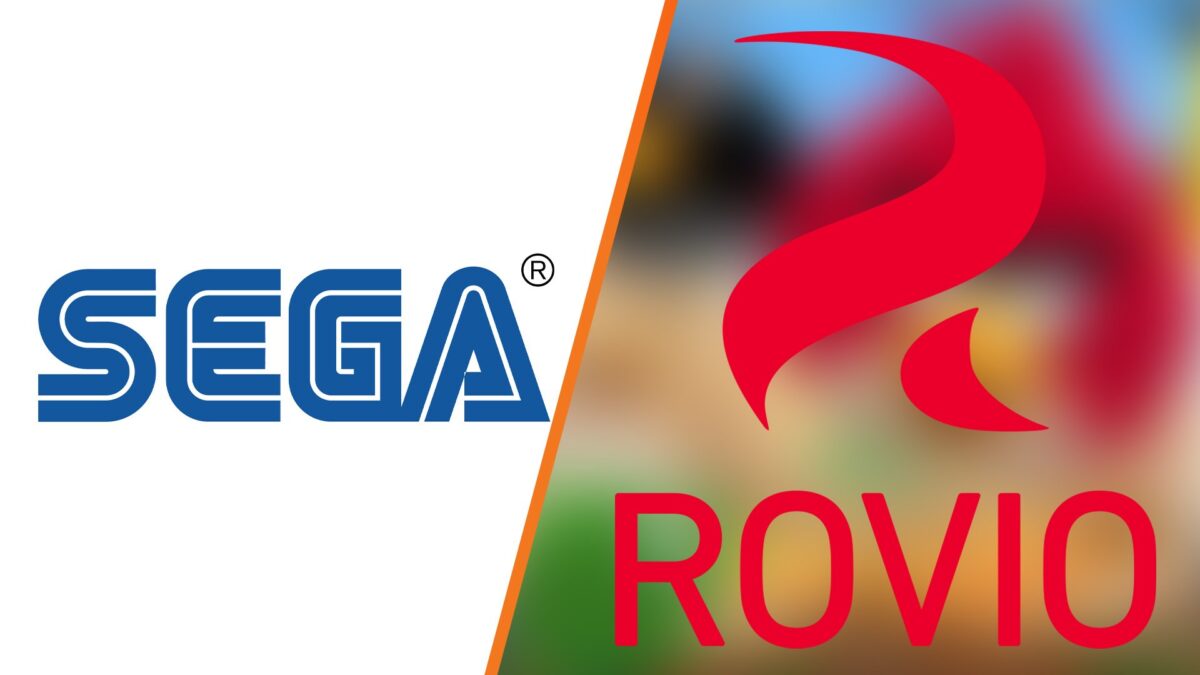
Sega could be poised to acquire Rovio Entertainment, the Finnish developer behind the Angry Birds series of games.
According to a report in the Wall Street Journal, which cites people familiar with the situation, Sega Sammy Holdings is in talks to buy Rovio in a deal worth around $1 billion.
The report suggests that as long as the talks don’t break down and aren’t drawn out for any reason, the deal could be done in a matter of days.
Rovio had previously been the target of Playtika, an Israel-based mobile developer best known for its casual slot machine, poker and hidden object games.
Update
Rovio is now confirmed that it “is in discussions with Sega Sammy Holdings.
“Rovio and Sega will release further information at an appropriate time,” the company says, adding: There is no certainty as to when the possible tender offer would take place or whether it would take place at all, nor as to the terms of such potential tender offer.”
Playtika announced in January that it had submitted a proposal to acquire Rovio for $810 million.
A few weeks later, Rovio announced that its Board of Directors had started a strategic review and was entering preliminary discussions with various parties, incouding Playtika.
However, Playtika announced last month that its discussions with Rovio had ended with no deal agreed, meaning it doesn’t stand in the way of Sega’s deal.
In recent months, Rovio has been struggling to find a comfortable business model that accommodates both its much-loved Angry Birds game and the rest of its portfolio.
In February, the studio announced that it was removing the Android version of Angry Birds and renaming the iOS version, claiming the popularity of the 2009 mega-hit was impacting the business of its other games.
Angry Birds community manager Shawn Buckelew explained on the game’s Discord server that the popularity of Angry Birds, which costs $0.99 with no microtransactions, was “negatively impacting” its other games.
“If those other games do not improve and grow, then the outlook of the entire company changes,” he claimed. “It’s harder to create new games, or work on new projects. I’m sure that’s not something you would want.”








